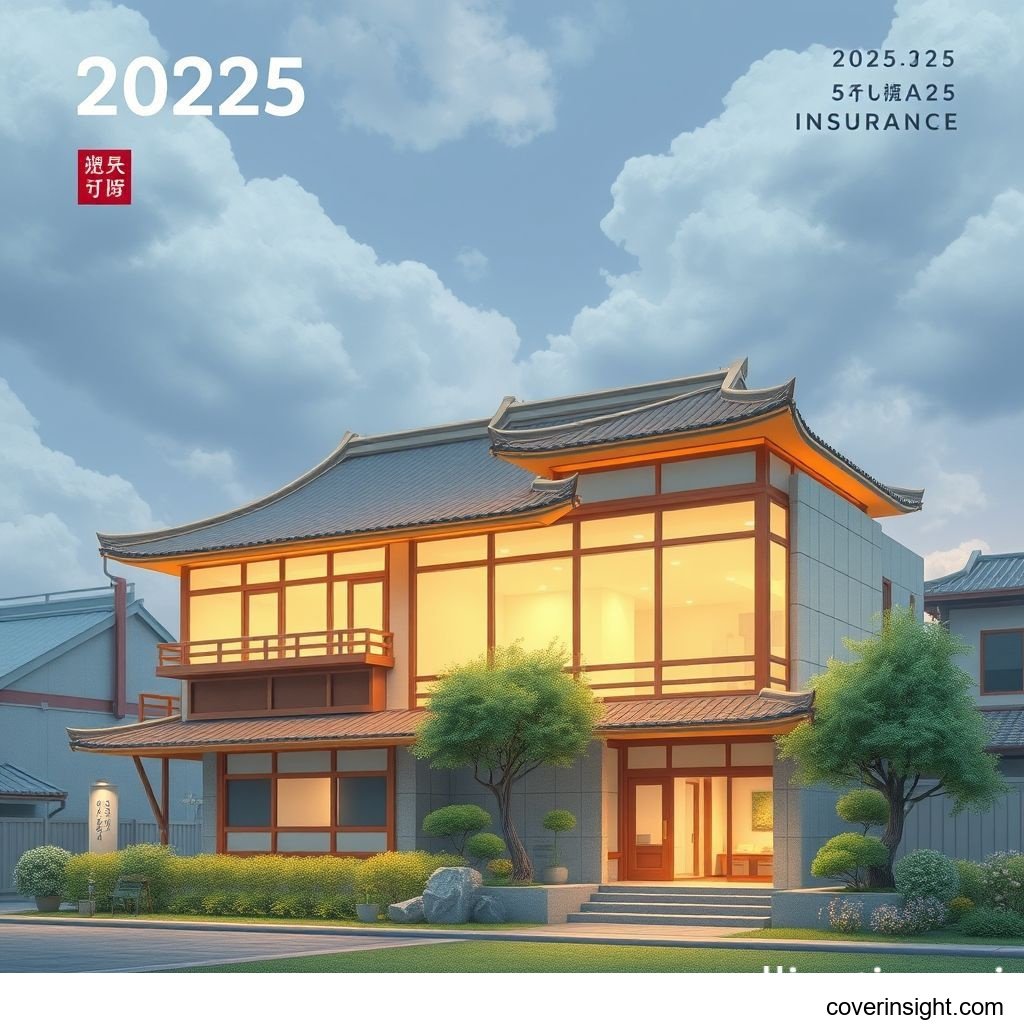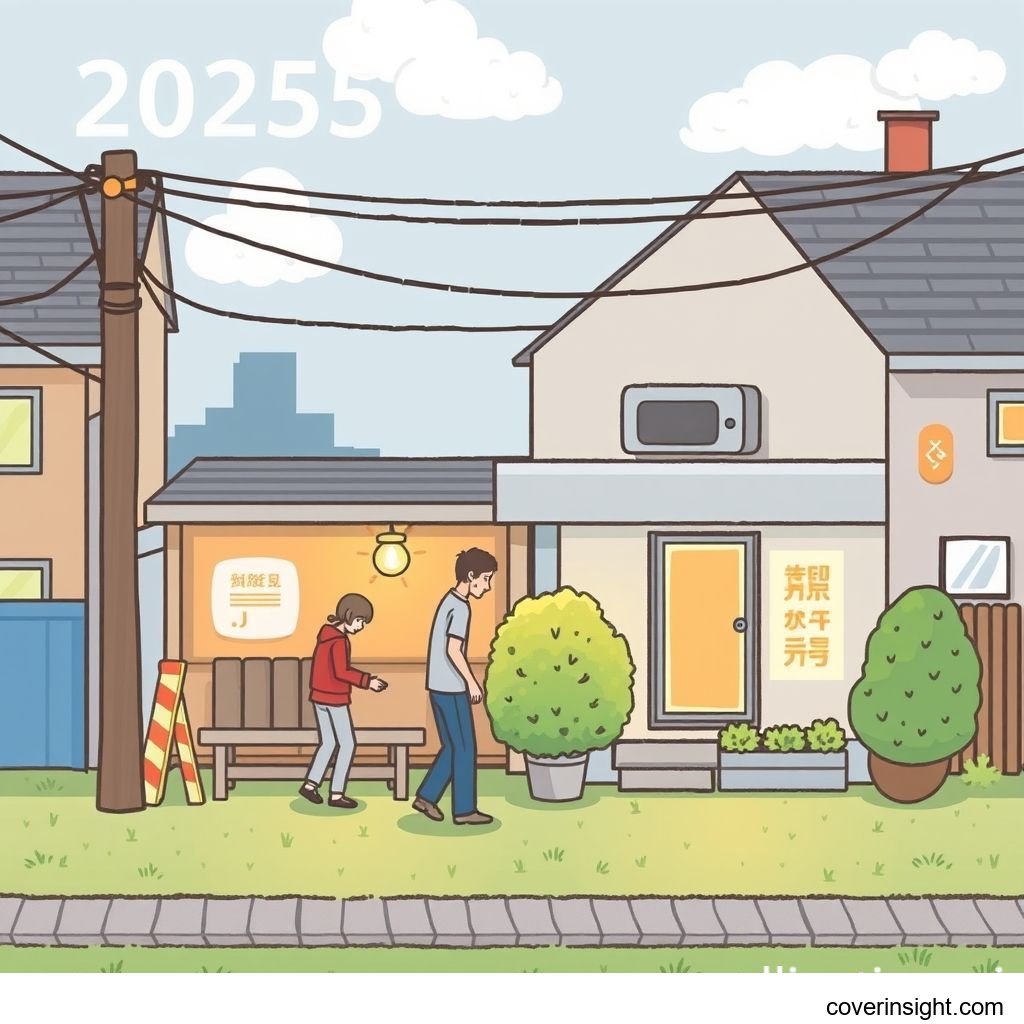Introduction
As 2025 approaches, understanding 火災保険 (fire insurance) in Japan is more crucial than ever. This essential protection helps safeguard your most valuable assets against unforeseen disasters. While many focus on major events, 火災保険 offers broad coverage for various risks beyond just fire.
Many homeowners often wonder about the specific types of coverage needed in Japan's unique environment. Common concerns include what incidents are covered, the true cost of a policy, and how to ensure adequate protection. This guide aims to clarify these points. It is divided into three parts: an overview of the basics, an in-depth analysis of costs and options, and real-life tips for choosing the best policy. For further global insights, you can always check Insurance Resources Global.
Coverage Details
What's Included
火災保険 in Japan provides extensive coverage for properties. It protects your home structure and its contents from various perils. Key incidents typically covered include:
-
Fire and explosion
-
Lightning strikes
-
Wind and hail damage
-
Snow and flood damage
-
Burst pipes and water leakage
-
Theft
Additionally, many 火災保険 policies can be bundled with 家財保険. This extends protection to your personal belongings inside the home. It’s vital to understand the full scope of your chosen policy.
Common Exclusions
While 火災保険 offers broad protection, certain events are typically excluded. The most significant exclusion is usually 地震保険 (earthquake insurance). This must be purchased separately.
Other common exclusions might include:
-
War and civil unrest
-
Intentional acts by the insured
-
Normal wear and tear
-
Damage from insects or rodents
It is essential to review your policy details carefully. Understanding these exclusions helps you identify potential gaps in your coverage.
Cost Analysis in 2025
Price Factors
The premium for your 火災保険 in 2025 depends on several factors. These elements influence the overall cost of your policy. Knowing them helps you understand pricing.
Key factors include:
-
Building structure: Wooden houses typically have higher premiums than concrete structures due to fire risk.
-
Location: Areas prone to natural disasters like floods or typhoons may incur higher costs for 火災保険.
-
Building age: Newer homes might receive discounts.
-
Coverage amount: The total insured value of your property directly impacts the premium.
-
Deductible (self-payment): Opting for a higher deductible can lower your annual premium.
The cost of 地震保険 is also standardized by the Financial Services Agency. Its premium is primarily determined by location and building structure.
Saving Tips
Reducing your 火災保険 premium is possible with strategic planning. Consider these tips for better value. This is part of our in-depth analysis (Part 2 of the guide).
-
Bundle policies: Combining 火災保険 with 地震保険 or 家財保険 from the same insurer often provides discounts.
-
Increase deductible: A higher self-payment amount reduces your annual premium.
-
Long-term contracts: Opting for a multi-year policy (e.g., 5 or 10 years) can offer significant savings compared to annual renewals.
-
Safety features: Installing fire alarms or security systems might qualify you for a lower premium.
-
Compare quotes: Always get quotes from multiple providers. The General Insurance Association of Japan offers helpful resources for this. For more options, you can check JP Insurance Home.
FAQs
How much does 火災保険 cost in JP?
The cost of 火災保険 varies widely. It depends on factors like your home's structure, location, and the amount of coverage you select. Premiums can range from a few thousand yen to tens of thousands annually.
What affects 火災保険 premiums?
Several elements influence 火災保険 premiums. These include building materials, the area's disaster risk, the age of the property, and the chosen policy terms. Adding 家財保険 or 地震保険 will also increase the total premium.
Is 火災保険 mandatory in JP?
No, 火災保険 is not legally mandatory in Japan. However, it is highly recommended. Many financial institutions require proof of 火災保険 when you take out a mortgage.
How to choose the best 火災保険 policy?
To choose the best 火災保険 policy, assess your specific needs and risks. Compare quotes from different insurers, understand the coverage details, and consider adding 地震保険 and 家財保険 if necessary.
What happens if you don’t have 火災保険 in JP?
Without 火災保険, you would bear the full financial burden of damages to your property from fire or other covered perils. This can result in significant financial loss. This lack of protection could be devastating for homeowners.







Comments